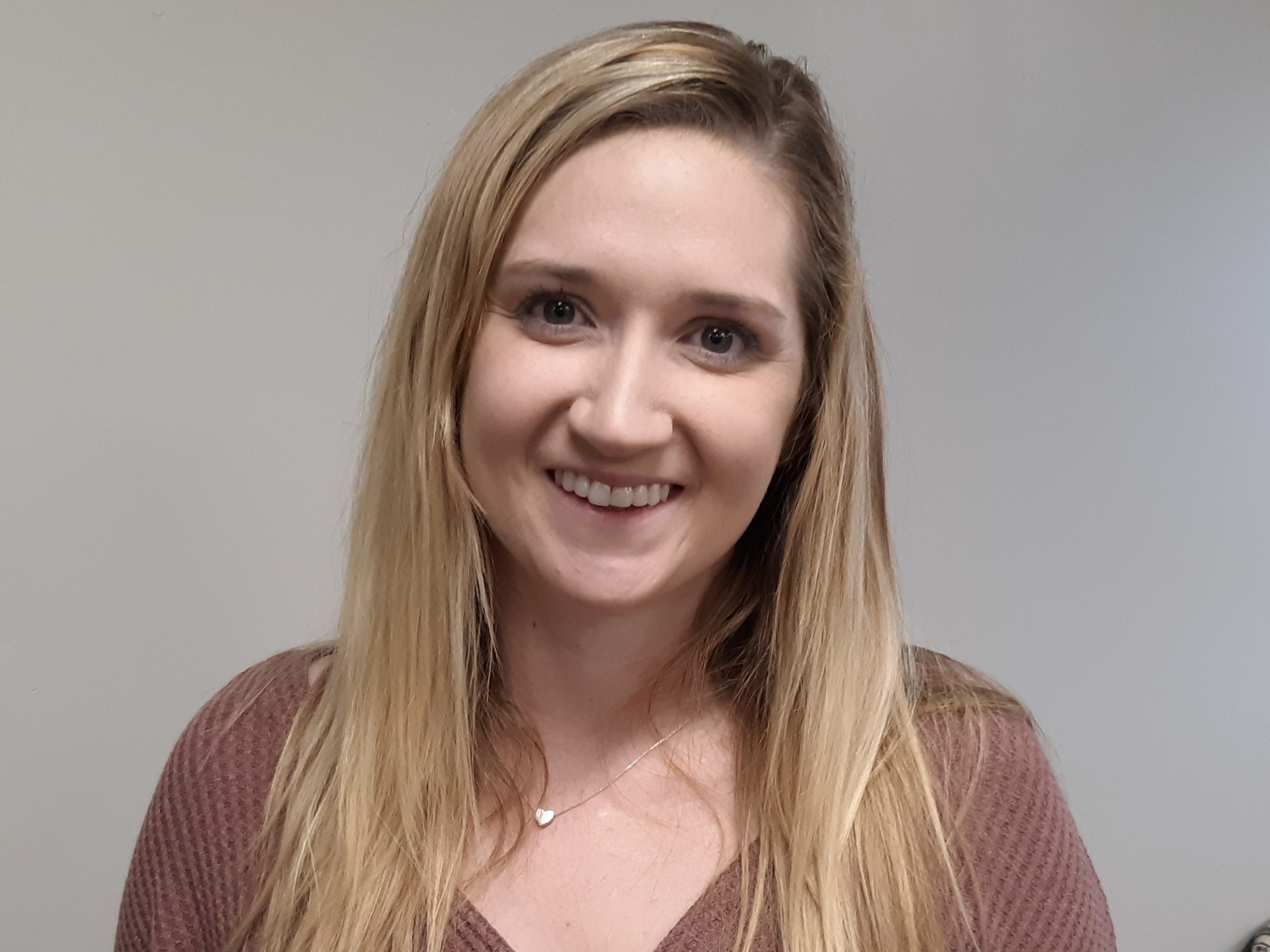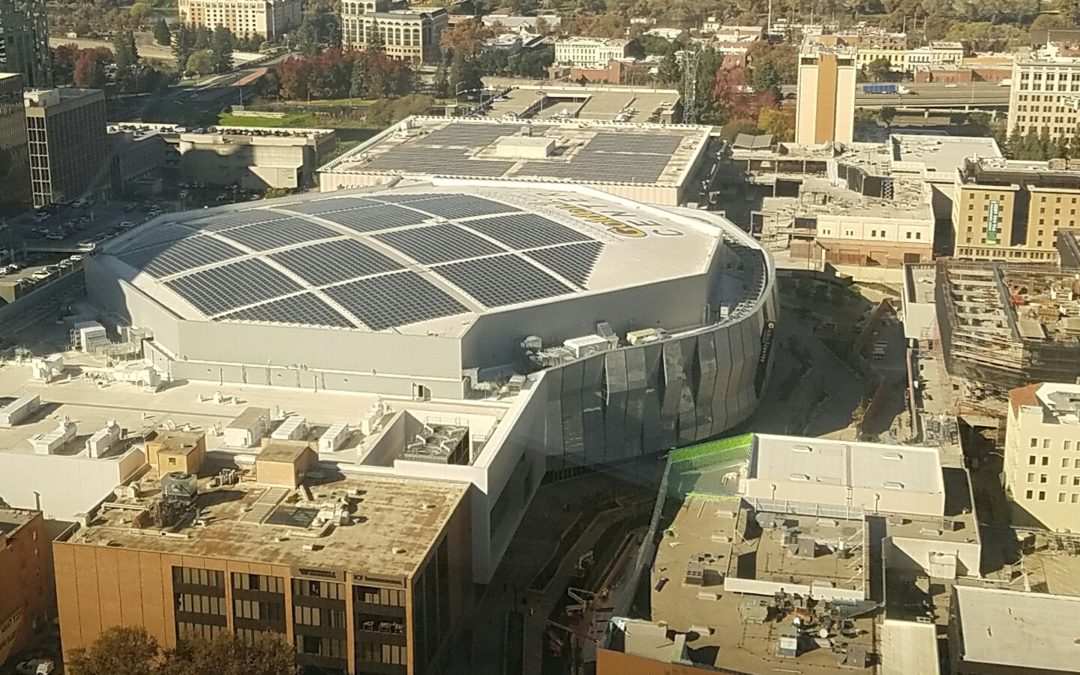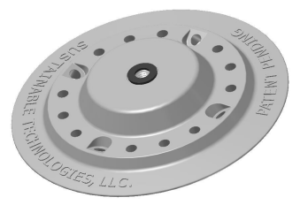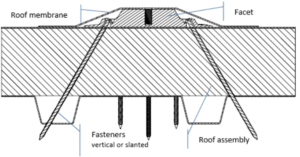In 2006, a solar developer had a problem. It wanted to win the bid to cover the roof of the Staples Center in Los Angeles with PV panels. But like many arenas, the roof wouldn’t bear much weight and more importantly, the owner wanted to be sure the installation wouldn’t cause any leaks. Looking at all the conventional ways to secure PV panels to the roofs of commercial buildings, the developer could not find anything suitable. Conventional systems are designed for only flat roofs and the Staples Center roof was gently curved. More importantly, typical systems used ballasting to hold down the racks of panels to avoid making holes in the roof. But then the racks can move or the ballast (usually concrete blocks) can deteriorate. With no other option, the developer turned to its own engineers to design a new lightweight installation system appropriate for the curved roof. And it worked. They won the bid. They installed the panels. And after a decade, still no leaks.
In fact, the system worked so well, they decided to make a business around it. That was the origin of Sustainable Technologies in North Natomas and its flagship product, the patented Facet Roof Mount. It looks like a small flying saucer with a threaded center section for a bolt to hold the PV racks. It’s so simple that PV installation times are slashed and costs reduced as well. It is used in conjunction with various flashing and sealing methods to ensure that it is water-tight.
It works so well, sales are zooming, with over 85,000 likely to be sold this year, up from 30,000 last year. The units themselves are outsourced to China, with sales done directly or through US distributors. No significant sales have been made outside the US, but a move into European markets is on the horizon. In our judgment, the big milestone for this company is probably getting unit sales over the 10 million mark. The 120,000+ mounts sold to date support about 10 MW of solar installations. When 1000 MW worth of mounts have been sold, the technology will be on lots of developers’ radar screens and sales should zoom.

According to Erica Lindstrom, Sales and Operations Manager, the key to getting sales is receiving approvals from the roofing manufacturers and most importantly from building standards agencies. They have certifications from most manufacturers that the use of their system does not void warranties, and are working on getting it for the most popular roofing material—EPDM or polymerized Ethylene Propylene Diene Monomer, commonly called a “rubber roof”. Building department approvals are a longer game. Every locality and state has its own rules. Erica says they just got approval from the LA city building department to unlock one of the biggest markets in the country. Awesome!

ABOUT THE AUTHOR
Gary Simon is the Chair of CleanStarts Board. A seasoned energy executive and entrepreneur with 45 years of experience in business, government, and non-profits.
CleanStart Sponsors
Weintraub | Tobin, EY, Stoel Rives, Greenberg Traurig LLP
BlueTech Valley, Buchalter, Moss Adams, PowerSoft.biz
College of Engineering & Computer Science at Sacramento State




